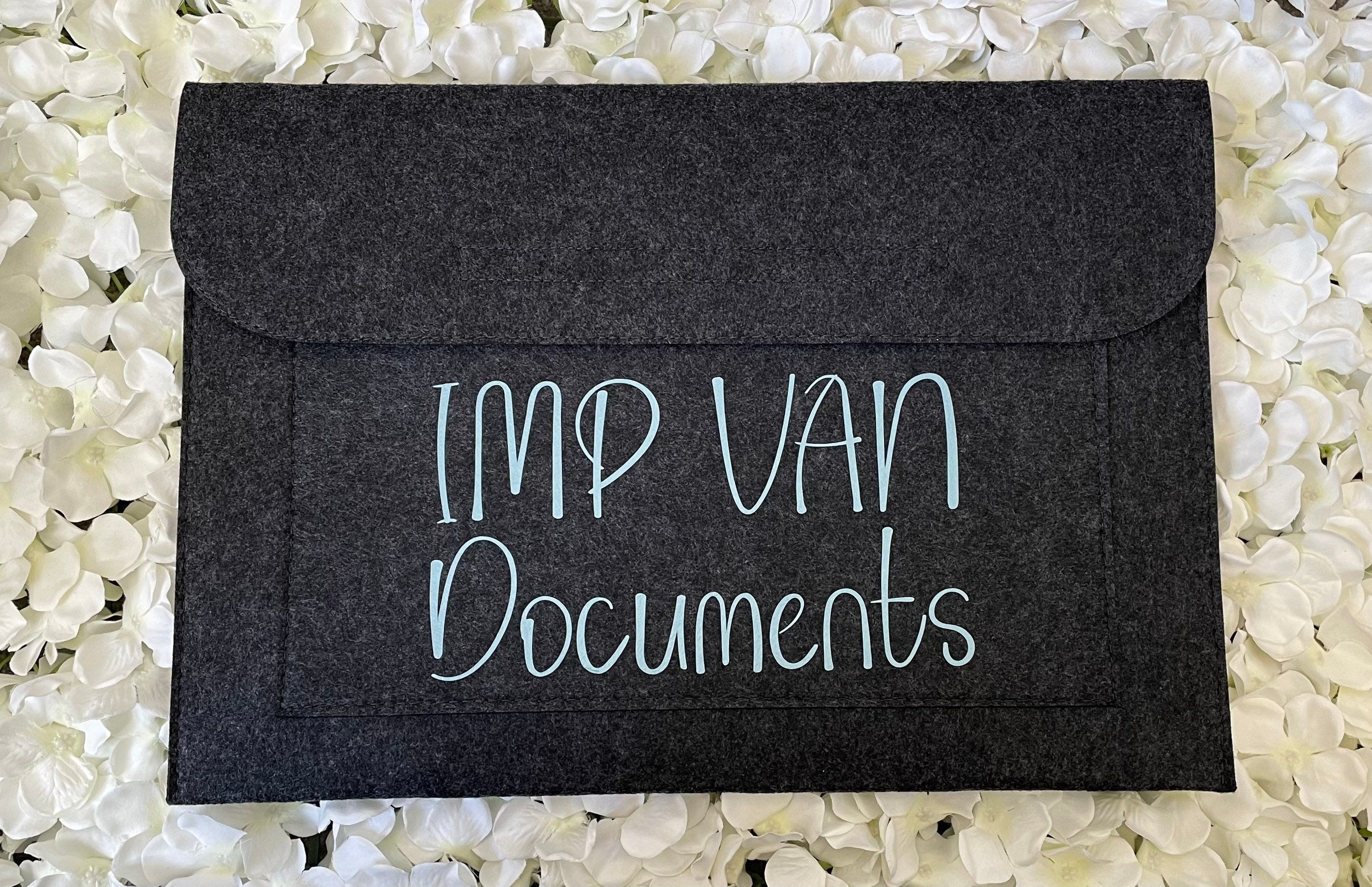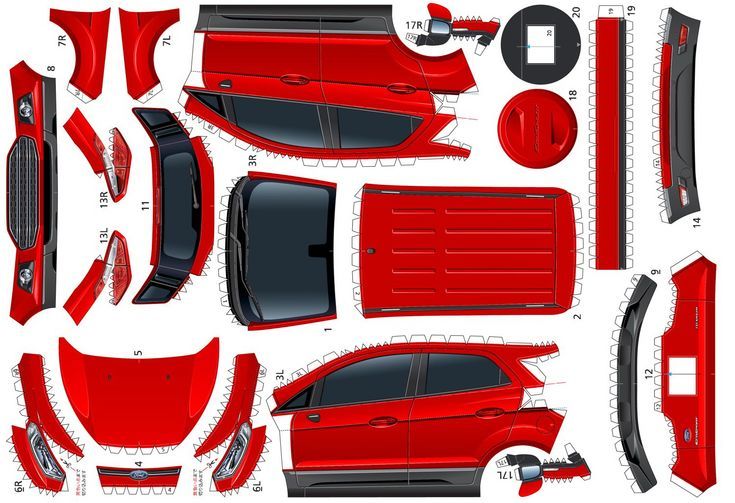5 Essential Steps for Used Car Paperwork

When looking to buy a used car, the paperwork can seem daunting. However, by following these five essential steps, you'll ensure that your purchase is both legal and secure, protecting both yourself and your investment.
1. Ensure Vehicle History Report

To begin the process of securing a used car, obtaining a vehicle history report is fundamental. This report will detail critical information such as past accidents, odometer readings, and service records. Here’s how you can proceed:
- Get a VIN Check: Locate the Vehicle Identification Number (VIN) usually found on the dashboard or door jamb of the car. With this number, utilize services like Carfax or AutoCheck for a detailed report.
- Assess the Report: Look for signs of wear, title issues, or any red flags. Pay attention to:
- Accidents and damage
- Previous ownership history
- Any reported odometer issues
- Compare With Vehicle: Make sure the vehicle matches the description in the report. Any discrepancies could signal potential fraud or hidden problems.
🚗 Note: Some sellers might offer a vehicle history report, but getting your own can ensure accuracy and impartiality.
2. Collect Title Transfer Documents

The title of a car is its ownership document, crucial for transferring ownership. Here’s what you need to do:
- Verify Title Information: Check the title for the following:
- Vehicle description (make, model, year, VIN)
- Current owner’s name
- Any liens or salvage branding
- Gather Documents: Collect:
- Original title
- Bill of Sale
- Release of Lien (if applicable)
- Notarize and Transfer: Have the title notarized, filled out with the correct information, and sign it over to you by the current owner.
🗂️ Note: Different states might have specific forms or processes for title transfer, so research local DMV requirements.
3. Obtain Insurance and Registration

Prior to driving your new used car, insurance and registration are indispensable. Here’s how to manage:
- Get Insurance: Obtain car insurance that meets your state’s minimum requirements.
- Complete Registration: Visit the DMV with:
- The signed title
- A completed application form
- Proof of insurance
- Any required fees
- Emissions and Safety Inspections: Some states necessitate inspections before registration; ensure your vehicle meets these standards.
4. Pay Required Taxes and Fees

Taxes and fees are a part of buying a used car. Here’s what you should prepare for:
- Sales Tax: Varies by state but is usually based on the vehicle’s price or NADA value.
- Registration Fees: These can differ based on the vehicle type, your location, and its age or weight.
- Title and Transfer Fees: Account for fees for title transfer, emissions tests, or safety inspections.
- Understand Tax Incentives: Certain states offer incentives for fuel-efficient or electric vehicles, which can reduce your tax burden.
💲 Note: Keep all receipts and documentation for future reference or possible refunds.
5. Finalize Paperwork and Keep Records

To secure your used car investment, ensure all paperwork is in order:
- Organize Documents: Keep a file with:
- Vehicle history report
- Bill of sale
- Signed title
- Insurance documents
- Registration proof
- Receipts for taxes, fees, and inspections
- Create Backups: Digitize your documents for safekeeping.
- Inform Relevant Parties: Notify your insurance provider, employer for any benefits related to the vehicle, and possibly your financial institution if you’ve financed the car.
In this final step, taking the time to keep your paperwork in order is not just good practice; it’s a safeguard for your investment. By following these steps, you ensure that the transfer of ownership is clear and unambiguous, avoiding potential future disputes or legal issues.
What should I look for in a vehicle history report?

+
When reviewing a vehicle history report, pay attention to any history of accidents, odometer rollbacks, ownership changes, service records, and whether the title is clear or if there are any liens against the car.
How long does it take to transfer a car’s title?

+
The time can vary by state, but generally, the title transfer can take anywhere from a few days to a couple of weeks, depending on whether inspections are needed and the efficiency of your DMV.
Is the bill of sale necessary for buying a used car?

+
Yes, a bill of sale is important as it serves as proof of the transaction, detailing the sale price, date, and parties involved, which can be necessary for tax purposes and to prove ownership.
Can I drive a used car I just bought without registration?

+
No, driving an unregistered vehicle is illegal in most states. After purchase, get temporary tags if you cannot complete registration immediately. Insurance is also required before you can drive.
What if there’s a lien on the car I want to buy?

+
If the vehicle has a lien, it means there’s an unpaid debt against the car. The lienholder must provide a “Release of Lien” document to transfer the title. If the seller can’t provide this, you should reconsider the purchase.